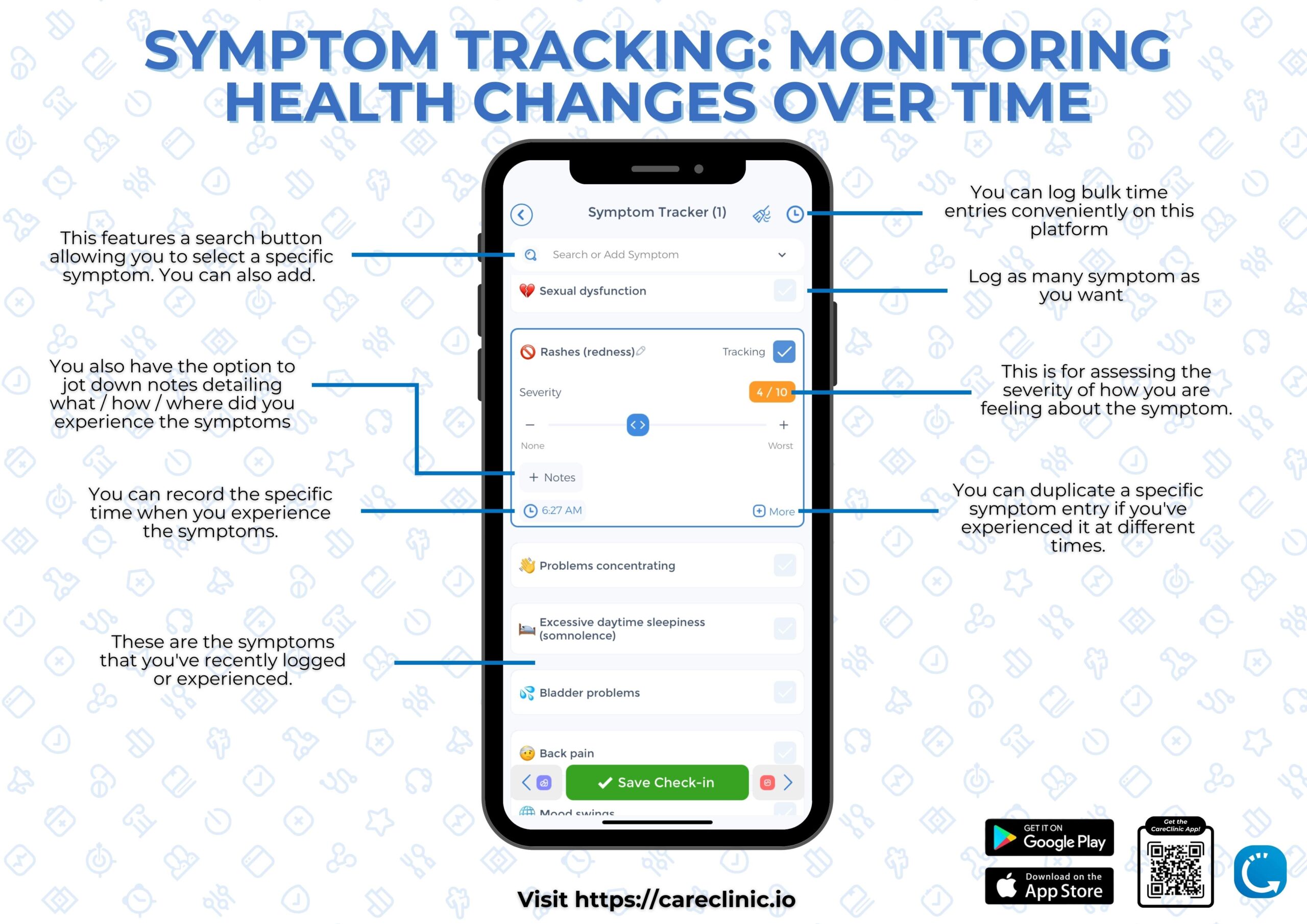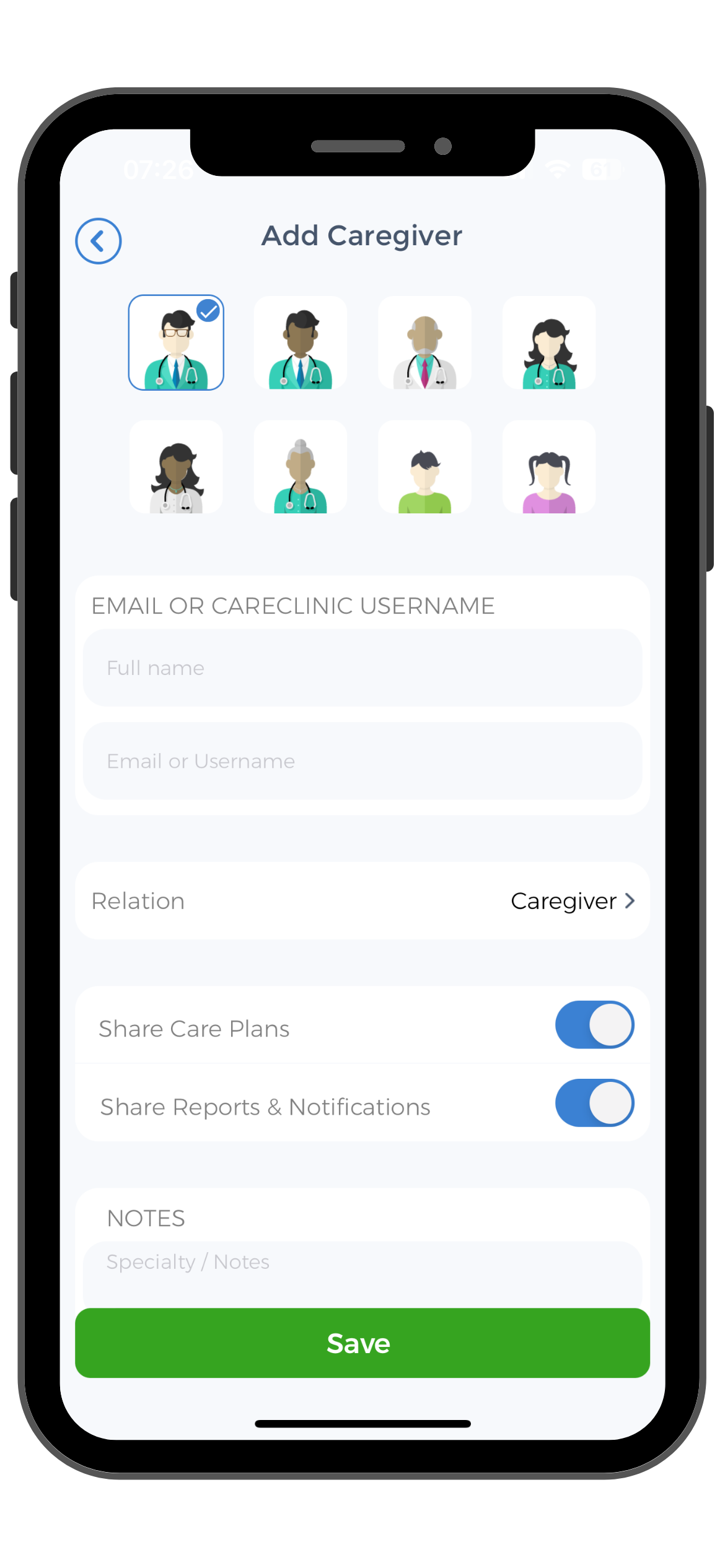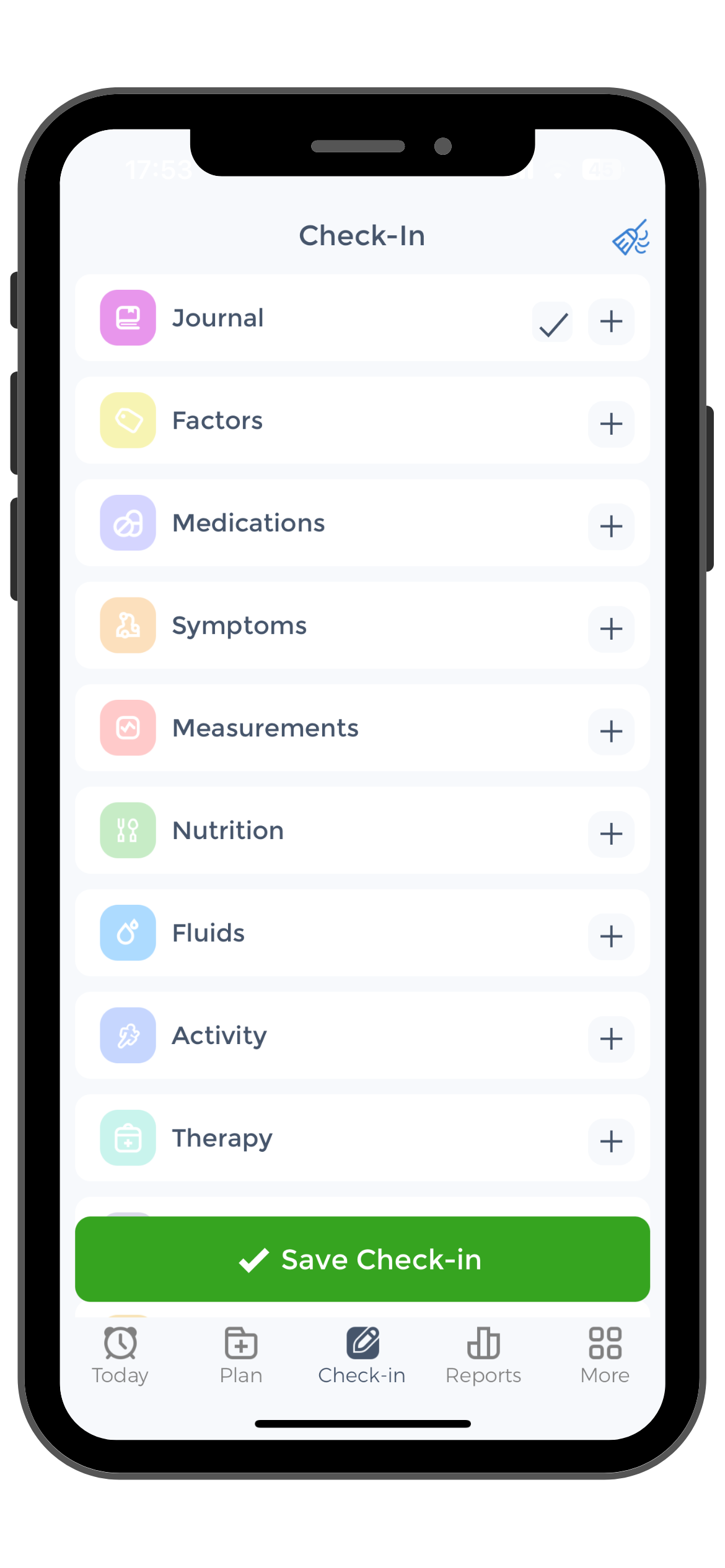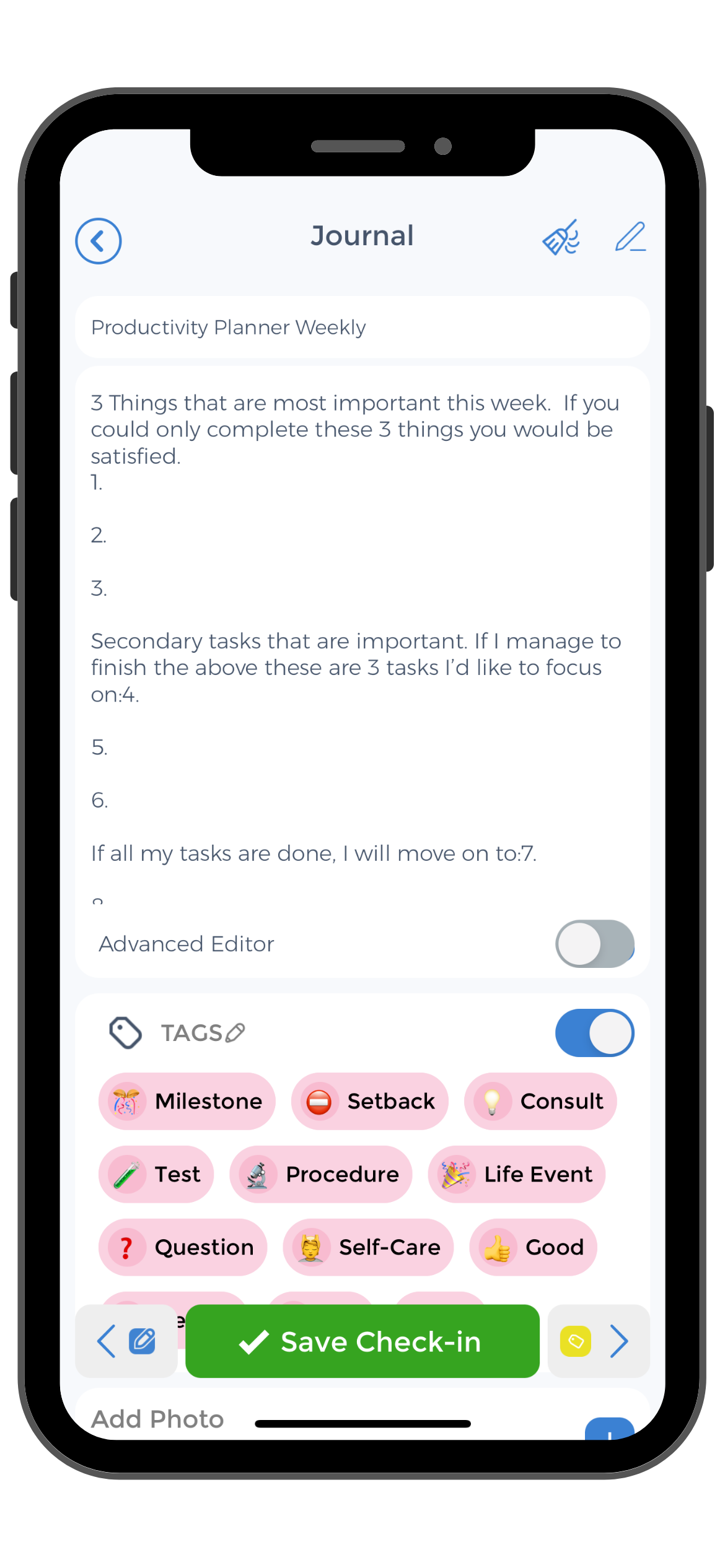
Chronic Fatigue Syndrome (CFS) is a complex disorder characterized by severe, persistent fatigue that does not improve with rest and may worsen with physical or mental activity. Other common symptoms of CFS include muscle and joint pain, headaches, difficulty concentrating and remembering, and unrefreshing sleep. A CFS activity diary is a tool used to track daily activities and symptoms in order to better understand the impact of CFS on daily life and to identify possible triggers or exacerbating factors.
The diary may include information about daily activities. Such as sleep, exercise, and work, as well as details about any symptoms experienced. By keeping a CFS activity diary, individuals with CFS and their healthcare providers may be able to identify patterns or changes in symptoms that may help inform treatment decisions.
What is CFS?
CFS/ME Activity Diary
Your CFS/ME diary might include the following types of information:
- Daily activities: This could include details about work, exercise, social activities, and other daily tasks.
- Sleep: This could include information about the duration and quality of sleep, as well as any difficulties with falling asleep or staying asleep.
- Symptoms: This could include a list of any symptoms experienced, such as fatigue, muscle and joint pain, headaches, difficulty concentrating, and unrefreshing sleep.
- Medications: This could include a list of any medications being taken and their dosages.
- Triggers: This could include information about any factors that may have triggered or exacerbated symptoms, such as certain foods, stress, or exposure to certain environments.
- Notes: This could include any additional notes or observations about daily life and symptoms.
What is a Pacing Diary?
A pacing diary is a tool used to track daily activities and energy levels in order to better manage symptoms of chronic fatigue syndrome (CFS) and/or fibromyalgia. Pacing is a self-management technique that involves balancing activity and rest in order to avoid overexertion and maintain a consistent level of energy throughout the day. By keeping a pacing diary, individuals with CFS and fibromyalgia can identify patterns in their energy levels and learn to pace themselves in order to optimize their daily activities and manage symptoms.
Your pacing diary might include the following types of information:
- Daily activities: This could include details about work, exercise, social activities, and other daily tasks.
- Energy levels: This could include information about energy levels before, during, and after each activity.
- Symptoms: This could include a list of any symptoms experienced, such as fatigue, muscle and joint pain, headaches, difficulty concentrating, and unrefreshing sleep.
- Triggers: This could include information about any factors that may have triggered or exacerbated symptoms, such as certain foods, stress, or exposure to certain environments.
- Notes: This could include any additional notes or observations about daily life and symptoms.
Keep in mind, all of these things can be stored within CareClinic. Triggers are automatically generated within CareClinic for symptoms within the “Symptom Insights” screen in Reports. All you really have to do is record your day-to-day symptoms and health. To Download CareClinic for iOS or Android click here.
Why should I consider keeping a symptom journal?
There are several reasons why you’d want to do so, primarily:
- Tracking symptoms: A diary can help individuals with CFS track their symptoms over time. Which can be useful for identifying patterns or changes in their condition. This can be especially helpful for identifying potential triggers or exacerbating factors for symptoms.
- Communicating with healthcare providers: A diary can be a useful tool for communicating with healthcare providers about the impact of CFS on daily life. By keeping a record of daily activities and symptoms, individuals with CFS can provide their healthcare providers with more detailed and accurate information about their condition.
- Self-management: A diary can be a helpful tool for individuals with CFS to manage their condition on a day-to-day basis. By tracking daily activities and symptoms, individuals with CFS can learn more about how their condition affects them. As well as make adjustments to their daily routine in order to better manage their symptoms.
It is clear that the online diary offered by CareClinic can be of great help. Not only you will be able to keep track of how you are feeling. But, at the same time, you will notice the connection between diverse manifestations and your daily activities. You can identify behavioral patterns and triggers of various symptoms. Reaching more optimal treatment solutions.

Benefits of Using CareClinic’s Online Diary
Upon using CareClinic to record your symptoms, you will see that there are certain activities favoring their appearance. For instance, you might experience a state of intense tiredness the next day after a big shopping trip. Or, you might not even be aware of the fact that flare-ups can be connected to the menstrual cycle. As you will also record meal-related information, you will be able to see how your diet influences your condition (feel better or worse after eating certain foods).
The fatigue tracker app of CareClinic can be useful in identifying all of these things. Many of which can be missed throughout the daily routine. You will be able to determine the symptoms that are most common, and which one(s) bother you the most. Moreover, you will be able to further transmit these observations to your doctor.
Sharing Information with Your Doctor
Why it is important to share the information from the online diary with your doctor? Because it offers a more comprehensive view of what you are feeling. Otherwise, when you go to the doctor, you will have the tendency to talk about the manifestations bothering you on that occasion.
 In fact, many people complain of pain upon visiting the doctor. Without realizing that this symptom is often made worse by stress, exhaustion and other similar factors. In using the CareClinic diary tool, you will notice that pain was actually present less often than exhaustion. Knowing the most common symptoms and their intensity. As well as frequency, you will be much closer to a correct diagnosis and adequate treatment.
In fact, many people complain of pain upon visiting the doctor. Without realizing that this symptom is often made worse by stress, exhaustion and other similar factors. In using the CareClinic diary tool, you will notice that pain was actually present less often than exhaustion. Knowing the most common symptoms and their intensity. As well as frequency, you will be much closer to a correct diagnosis and adequate treatment.
The tracker application can help you decide on which lifestyle changes you should be making. As you will identify a behavioral pattern and become more aware of potential triggers, it will be easier to plan your schedule (predictability can greatly improve your functionality but do not make it your top priority).
What matters is that you have an online tool that can be useful in familiarizing yourself with the symptoms associated with chronic fatigue syndrome. You can even print out the list of symptoms, referring to it when you are not connected to the Internet.
Upon noticing new symptoms, you can return to the CareClinic app and add these as well. It is possible that these symptoms might be related to another condition. One that overlaps with the CFS. In this situation, the physician might need to readjust your treatment plan.
Using CareClinic as a CFS Activity diary & Fatigue Tracker
The CareClinic diary & fatigue tracker app is tremendously beneficial if you use it properly. It’s important to be objective and maintain a clear head when inputting your symptoms into the app. Do not allow emotions to influence what you record. Despite being difficult, jotting down how you feel during flare-ups or moments of significant exhaustion can offer invaluable information. That may even steer treatment in an unfamiliar yet advantageous course.
Utilizing this online tool affords you the opportunity to create a completely customized experience. That is tailored to your individual needs and those of any treating specialists. Logging symptoms one or multiple times daily provides you with greater flexibility. Enabling you to list and rate their severity/frequency in real-time. The precision afforded by this remarkable resource cannot be understated!
As you document your symptoms, you’ll observe that some have a more significant impact on your everyday activities than others. Additionally, take note of how these symptoms can interact with one another to affect the overall quality of life. Pay attention to any changes in condition and use this data as an indicator for how best to manage it moving forward. This will help ensure better care management over time and keep track of progress achieved so far.
Utilizing this application, you can gain a comprehensive understanding of your lifestyle. You can log the amount of sleep you get each night and what type of physical exercise you do with how often, as well as specifics about your diet. Furthermore, information about tiredness levels for various activities like running errands or socializing is available to track too! Lastly, tracking emotional symptoms. Such as stress and anxiety are made easier with this user-friendly app. Giving insight into all aspects of life at the tap of a button.
CFS App generates data for better outcomes
 Suffering from chronic fatigue syndrome, you might be struggling to understand your manifestations and decide on the best treatment. The same states can be experienced by your physician. Especially if your symptomatology is not that clear. Oftentimes, the detailed descriptions provided by the patients, and recorded by them in one way or another, guide the doctors in reaching an accurate diagnosis.
Suffering from chronic fatigue syndrome, you might be struggling to understand your manifestations and decide on the best treatment. The same states can be experienced by your physician. Especially if your symptomatology is not that clear. Oftentimes, the detailed descriptions provided by the patients, and recorded by them in one way or another, guide the doctors in reaching an accurate diagnosis.
You can share the chronic fatigue syndrome daily diary with your physician. Together, you will discover that there are good days. Which are favored by certain factors or activities. You should record those days and do the same for the days which are less positive, defined by flare-ups.
The diary can be used to identify food triggers. Which can make the manifestations of CFS worse. You should highlight the days you ate certain types of foods and see if bad days have followed in a short period of time. Even though this might seem like a complex and never-ending process at first, soon as you will become accustomed to it. Moreover, as you will identify triggers for your symptoms, you will find it to be a valuable tool for your treatment plan.
Supplements & Vitamins for Chronic Fatigue
Another benefit of CareClinic is that it can help you remember to take your medications, vitamins and supplements on time. Below is a list of supplements that may be able to help manage CFS. When they are added to CareClinic you can set reminders based on your own personal regimen to remember to always take them.
1. CoQ10: CoQ10 is an antioxidant that helps protect cells from damage and provides energy to the body. Making it an effective supplement for people with chronic fatigue syndrome. It also helps support proper organ functioning. Allowing the body to better utilize energy stores.
2. Magnesium: Magnesium has been shown to reduce fatigue, improve energy levels and decrease inflammation. Making it an ideal supplement for people with chronic fatigue syndrome. In addition, magnesium helps to regulate the nervous system so that it can better manage stress levels.
3. Vitamin B12: Vitamin B12 deficiency is common in people with chronic fatigue syndrome. Taking a daily supplement of vitamin B12 can help to boost energy and improve overall well-being. Vitamin B12 also helps with the production of red blood cells. Which carry oxygen throughout the body and help keep it functioning optimally.
4. Omega-3 Fatty Acids: Omega-3 fatty acids are essential for healthy muscle and nerve function, making them a must-have supplement for people with chronic fatigue syndrome. Omega-3 fatty acids also help to reduce inflammation, which can further contribute to fatigue.
5. Iron: Iron is essential for transporting oxygen throughout the body and providing energy to cells, making it an effective supplement for people with chronic fatigue syndrome. Adding an iron supplement to your diet can help ensure that you receive enough iron to meet your needs and keep your energy levels up.
Modafinil for Coping with Chronic Fatigue Syndrome
Modafinil is a widely prescribed medication that has been shown to be effective in treating chronic fatigue. It works by increasing levels of dopamine, norepinephrine and histamine, which can help improve alertness and energy levels. Studies have also found that Modafinil can reduce symptoms of depression and anxiety related to fatigue and increase the ability to concentrate and stay focused.
Modafinil activates the brain’s prefrontal cortex, which is responsible for regulating attention and executive functioning. By increasing activity in this area of the brain, Modafinil can also improve memory and help with problem-solving. Additionally, Modafinil has been used as an adjunct drug to reduce the side effects of other fatigue-related medications. This can be useful for those who have not been able to find relief with other treatments.
Studies have also suggested Modafinil reduces fatigue in individuals suffering from multiple sclerosis and fibromyalgia, two conditions known to cause severe exhaustion. Keep in mind Modafinil is a prescription drug and your doctor will assess if you need it or not, they may even introduce you to Armodafinil (Provigil) which is its predecessor. You can log this medication in CareClinic with the appropriate dose and reminders to track its efficacy for CFS as well.
A regular journal can be your best friend during hard times
 While the CareClinic online chronic fatigue diary can be used to record all of the above-mentioned information and guide the treatment, you should not hesitate to keep a regular journal online. This should contain information about your life, about the emotions you are experiencing. Writing about difficult moments can provide stress relief and help you feel better about your condition.
While the CareClinic online chronic fatigue diary can be used to record all of the above-mentioned information and guide the treatment, you should not hesitate to keep a regular journal online. This should contain information about your life, about the emotions you are experiencing. Writing about difficult moments can provide stress relief and help you feel better about your condition.
A journal can be a trusted friend, allowing you to record the moments worth remembering but also less-than-pleasant situations, often resulting from you living with a chronic condition. You should not be afraid to write about the things you are feeling; even though it might be hard at first, soon as you will rely on the journal for stress relief.
Living with a chronic condition has a definite impact on the quality of life but it is important to remember that you are not defined by CFS. Your CFS Activity diary can be shared, if you want, with family members and close family friends. Once again, you might have difficulties opening your heart but it will be worth it, as you will help them gain a better grasp on your situation.
Download the CareClinic App Today
Why should you use CareClinic for tracking your condition? Well, not only does it enable you to observe the link between symptoms, activities and energy levels, but also encourages regular entries of related data. This allows you to gain a comprehensive understanding of your state; so don’t hesitate- start using CareClinic today!
Install App today and experience the difference it can make in your health journey.

